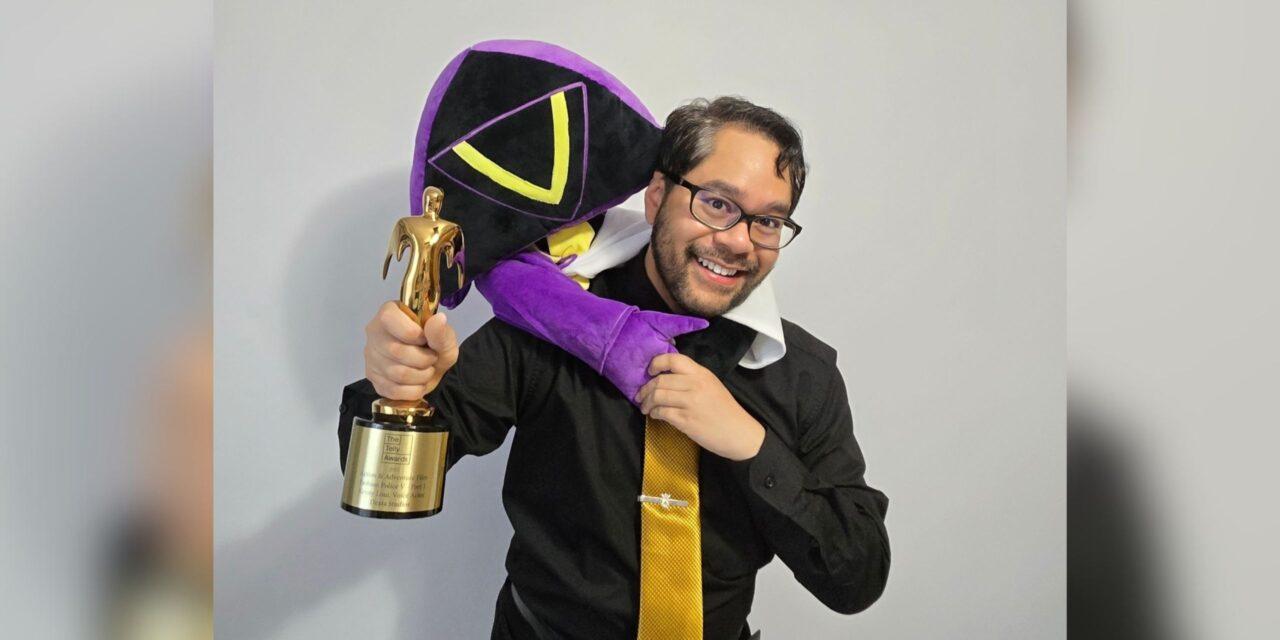Watching PBA TNT's Game 2 face-off against Magnolia was nothing short of electrifying. As someone who has followed Philippine basketball for years, I can confidently say this matchup delivered the kind of intensity and strategic depth that makes the PBA such a compelling league. The final score, 98-95 in favor of TNT, doesn't even begin to capture the back-and-forth drama that unfolded quarter by quarter. What stood out to me wasn't just the raw talent on display—though there was plenty of that—but the way players adapted in real time, especially when their usual strengths were being challenged. I've always believed that the best players are those who can read the game and adjust, and this match was a masterclass in exactly that.
One moment that really stuck with me was hearing TNT’s 5-foot-9 playmaker reflect after the game: "If my shots weren’t falling, I look for my teammates and I just play on how their defense is playing me." That quote, to me, encapsulates the entire spirit of this game. It’s easy for a star player to keep forcing shots when they’re in a slump, but what we saw here was a leader who understood the bigger picture. In the third quarter, for instance, he went 1-for-5 from beyond the arc—a rough stretch by anyone’s standards. Instead of stubbornly continuing to shoot, he shifted gears, drawing defenders and dishing out 4 assists in just under six minutes. That adaptability didn’t just keep TNT in the game; it completely disrupted Magnolia’s defensive schemes. I’ve seen plenty of players with great individual stats, but this kind of situational awareness is what separates good teams from great ones.
Magnolia, on their end, put up a fierce fight. Their defensive pressure in the first half was relentless, forcing TNT into 8 turnovers by halftime. Paul Lee was absolutely sensational, finishing with 28 points and 6 rebounds. At one point in the second quarter, Magnolia led by as much as 11 points, and I’ll admit—I thought they might run away with it. But here’s where TNT’s experience shone through. They didn’t panic. Instead, they leaned into ball movement and exploited the gaps in Magnolia’s half-court defense. By the fourth quarter, TNT had not only erased the deficit but built a slim lead that they managed to protect till the final buzzer. It was a textbook example of how resilience and tactical adjustments can turn the tide.
From a strategic standpoint, I was particularly impressed by TNT’s use of pick-and-roll actions in the second half. They executed at least 12 successful pick-and-roll plays that led directly to scores, a stat that highlights their coaching staff’s sharp in-game adjustments. Magnolia tried to counter with zone defense, but TNT’s ball movement—spurred by that playmaker’s unselfish mindset—kept finding the open man. Speaking of which, that unselfishness was contagious. Four TNT players ended up in double digits, with RR Pogoy dropping 24 points and Troy Rosario adding 18. That kind of balanced scoring is, in my opinion, what makes TNT such a dangerous team in a series like this.
Of course, it wasn’t all perfect. Turnovers remained a concern for both sides—TNT ended with 14, Magnolia with 12—and free throw shooting down the stretch felt a bit shaky. But those flaws just added to the tension. With 45 seconds left on the clock and TNT up by just two, every possession felt like it could decide the series. That’s the kind of high-stakes basketball I live for. And when that final three-point attempt by Magnolia rimmed out, you could feel the collective exhale from the arena.
Looking ahead, this game sets up an intriguing dynamic for the rest of the series. TNT has shown they can win even when their primary scorers aren’t firing on all cylinders, and that versatility is huge in a playoff context. Magnolia, meanwhile, will need to find a way to counter that adaptive style—perhaps by mixing up their defensive looks more frequently or getting more production from their bench, which contributed only 18 points in this game. Personally, I’m leaning toward TNT taking the series in six games. Their ability to pivot mid-game, combined with the leadership of players who prioritize team success over individual glory, gives them a slight edge in my book.
In the end, this wasn’t just a game; it was a statement. It reminded us that basketball at its best is a blend of individual brilliance and collective intelligence. The next matchup can’t come soon enough.




